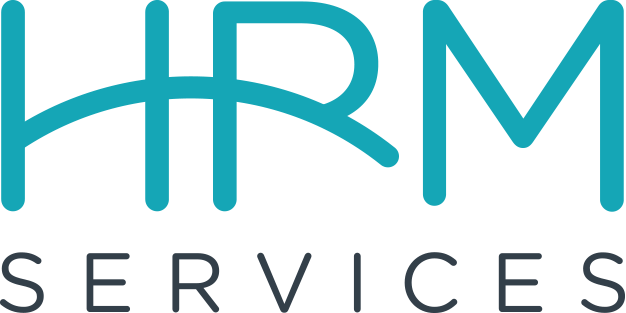
Welcome to November’s edition of HR Hot Topics!
This month, the month of Thanksgiving, I thought an appropriate topic would be gratitude. How to show gratitude for your employees, and how to create an environment of gratitude where you’re not the only one saying thank you. Where others say thank you to each other, and thank you for the work you’re putting in as well. This is something that really starts at the top, with you.
So, I thought I’d do a quick psychology lesson with all of you. And for those of you who don’t know, that was my major in college. I find it fascinating why we do what we do. And one of the fundamental philosophies we learn in psychology has to do with Maslow’s hierarchy of needs. Essentially, the idea was in order for an employee to be self actualized, in other words, be kind of the highest and best version of themselves, there were certain levels that you had to obtain. And at the very bottom of the hierarchy, our physiological needs. So, an employee has to feel, in the most basic sense, that they have a roof over their head, have food and water, and those kinds of things. That’s not where you come in as the employer, but it’s obviously really important for every human being to have those things. And then the next level has to do with safety – physical safety. Then, you get into where employers do start to have some influence on staff.
That’s the level of love, right? Employees need to feel like their psychological needs are met, the feeling of love and belonging and connectedness. And then above that you’ve got esteem. So, recognition for what they put out into the world, or in your case, what they put into the workforce, that it matters and is seen.
Then finally, at the very peak of the pyramid, you have self-actualization. Now, there have been some components of Maslow’s theory that have been discredited over the years. His initial tenant was that you have to have the most fundamental needs met before you can experience the higher level on the pyramid. But even if you don’t have food on a reliable basis, or even if you don’t have reliable housing, you still know what love is, I hope, right? So the feeling of love is not necessarily dependent upon having stable housing, for example.
So, the fact that this is a stair step approach has sort of been discredited over the years. But what’s really important, I think, for all of us to recognize is that the more fundamental the need, in other words, the lower to the pyramid, the more basic that need is, the more attention we as human beings give it when we go without.
I have a client, Dr. Phil Knight with Food Bank Council of Michigan, and he says often, “If you don’t have food, then you have one problem, right?” In other words, if you’re hungry, then that’s all you think about, is how hungry you are, which means you can’t put full attention into your studies in school, or you can’t put your best effort into a work environment because you’re hungry. The more fundamental the need, the more attention you give it when you go without.
And I would put psychological needs – love, belonging, connectedness – as fundamental needs. In the workplace, when you have employees that aren’t feeling the love, they give that time and attention, right? And, we’ve talked about in past episodes that this workforce is challenging because there are so many opportunities.
I don’t know how many have gone on Glassdoor lately to see if any past employees have left reviews about their organization. But we are hiring right now for two clients, and we’ve been talking a lot about culture because these clients are trying to shift their culture for the better. That way, employees working there feel like this is a place where their work is respected and their humanity is honored. And yet, if you were to go on Glassdoor and read their current reviews, they’re not flattering.
The problem is that a high percentage of job seekers go on sites like Glassdoor, and they do their research and decide whether or not your organization is one they want to be a part of. In fact, a recent SHRM survey said 46% of job seekers consider culture as the number one criteria when deciding whether or not to submit an application for a position. So, what you do and how you make people feel matters, and it matters long beyond the life cycle of that employee within your organization because these reviews can stay up for a very, very long time.
One of the things I wanted to share with you that’s kind of a twist on making folks feel appreciated, seen, heard, and loved in the workplace was described in a recent article I read.
This was a Harvard Business Review article, and I thought this was kind of an interesting approach. It’s free, okay? It doesn’t take anything but a little bit of time and hopefully you’re spending some one-on-one time with your employees anyways.
This is something you can add to those meetings and it’s called reflective recognition. Reflective recognition is an inquiry based approach where an individual or group is invited to reflect on and share what they are proud of and why. And the idea behind this is that oftentimes you as the manager or you as the owner of the business, are pulled in a hundred different directions and you may not see some of the everyday work that your staff are doing because you’re just not physically next to them every day. So you only recognize them for the things you know about.
But oftentimes, there’s this whole body of work or effort that goes unnoticed just because you’re not in proximity. This is kind of an interesting approach where you flip the script, so to speak, and you ask the employee to tell you what they’re most proud of and why. If you’ve never done this kind of thing, it can be a bit awkward at first. You don’t have to phrase the question exactly like I just did. Sometimes you can say something like, “Hey, I haven’t seen you in a while, how’s it going?” That’s a good opener.
Then the follow up question can be, “You know, what have you been struggling with that you’ve kind of found a way to get through? Or what’s been one of the biggest roadblocks for you recently? And how are you handling that?” That sort of gets to this idea of where they’re going to share with you what they’re doing, and I think some of the effort they’re putting in which gives you an opportunity to express some recognition and appreciation.
When you can draw an employee’s attention to the positive things, oftentimes you get more of those positive things. When we dwell on the negative, we get more of the negative. So, this idea of reflective recognition, I think is a really great spin on some of those conversations you may already be having with your team.
With that, I’ll leave you folks in the spirit of gratitude. Please make sure you recognize your team so they feel the love. And in turn, I hope they make you feel the love. It’s been a rough few years. And if all else fails, please know that I love all of you, and I’m grateful for the fact that you continue to watch these videos. Reach out to me with your comments and feedback. And of course, with any questions, you can reach me at JodiSchafer@workwithhrm.com!

